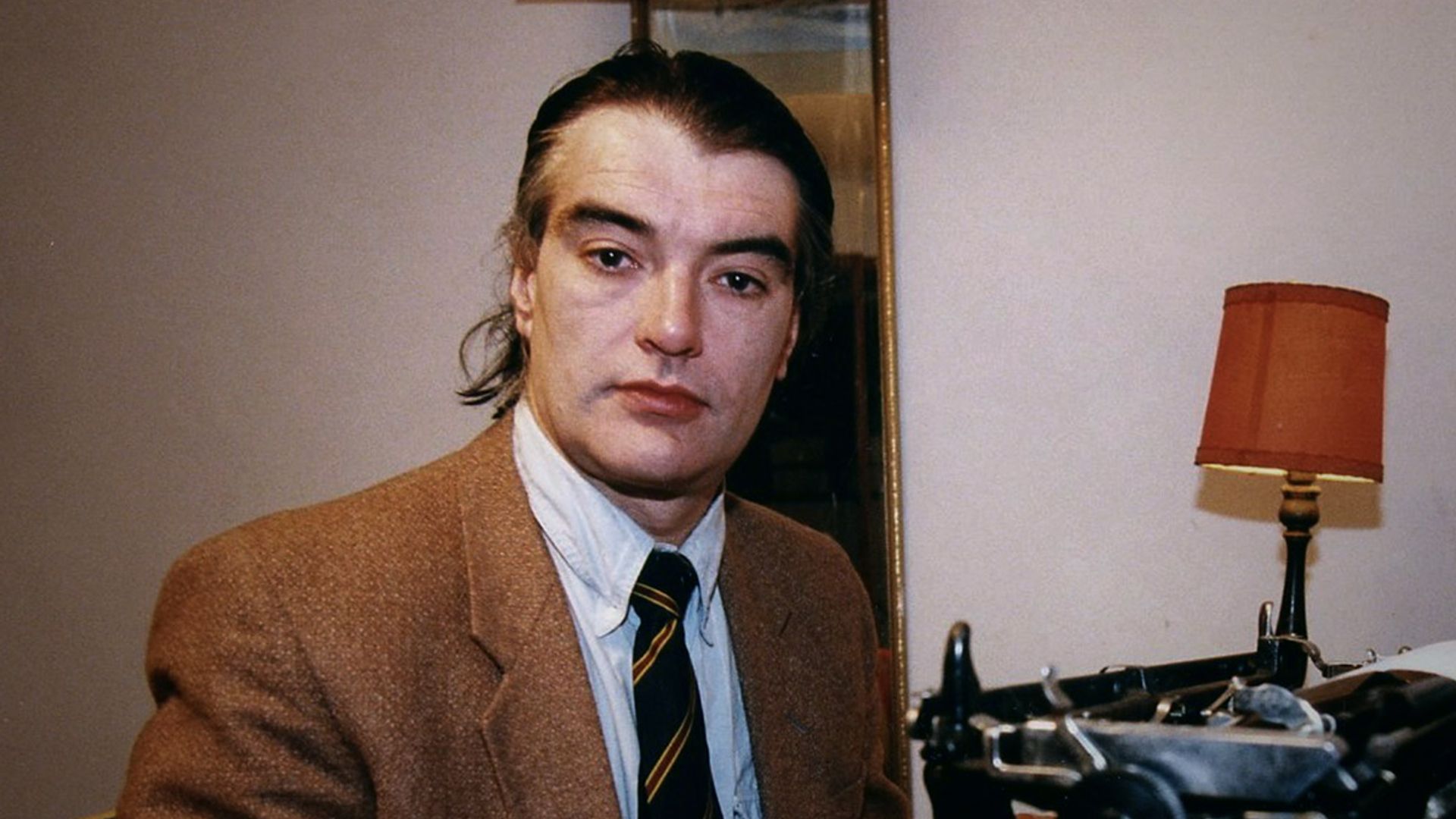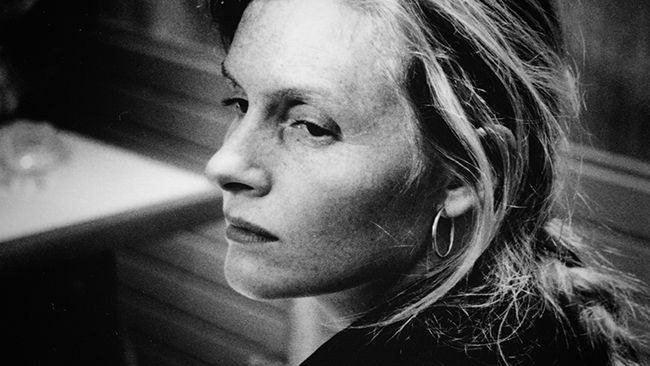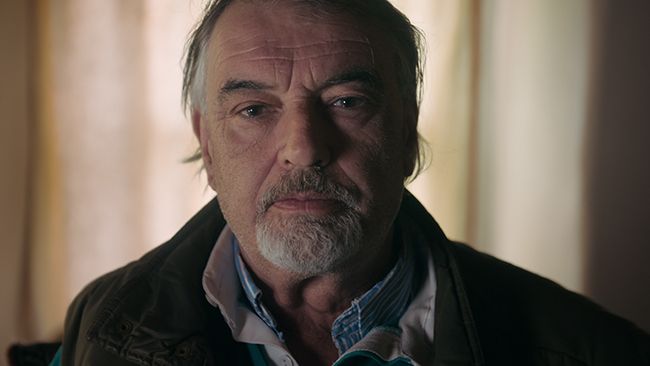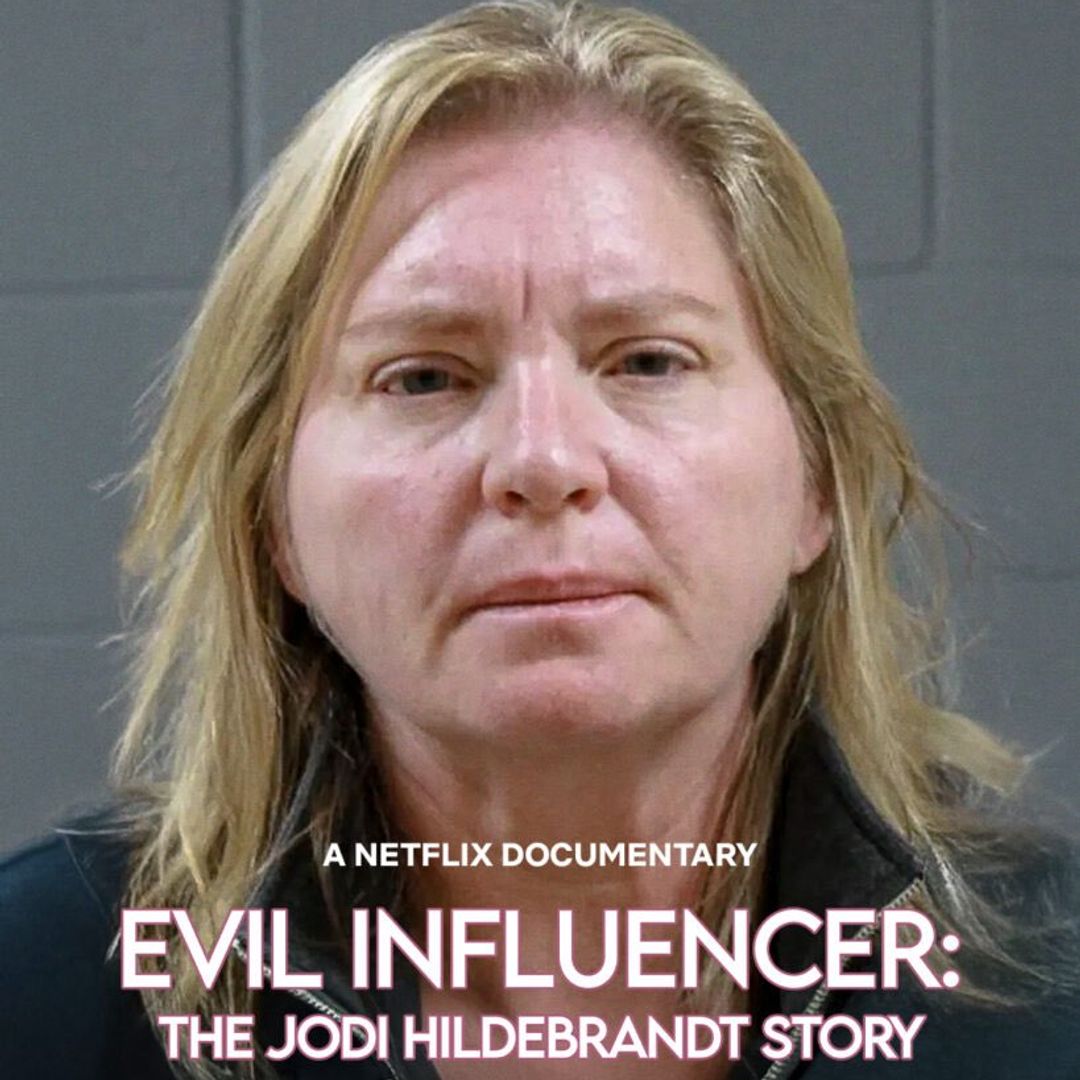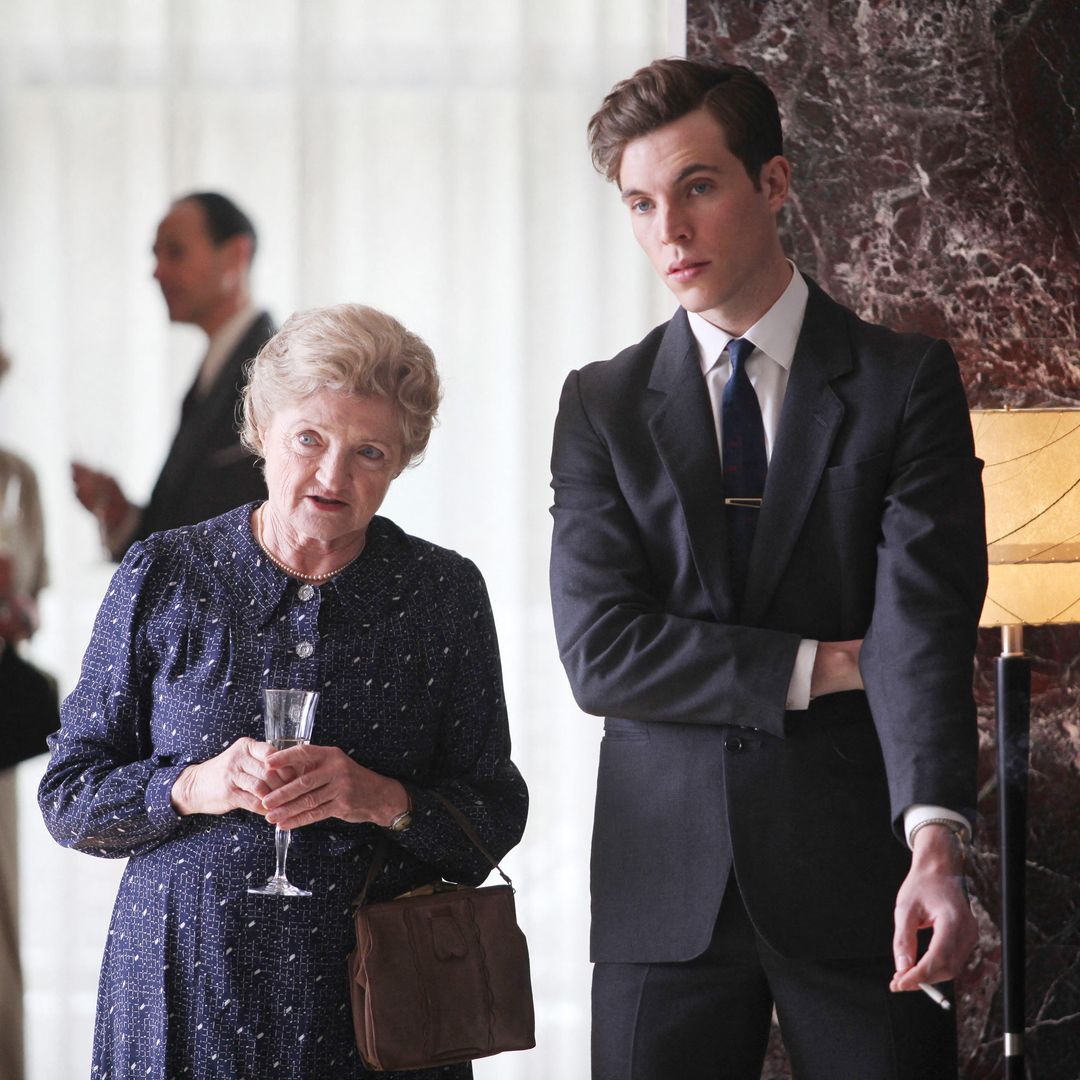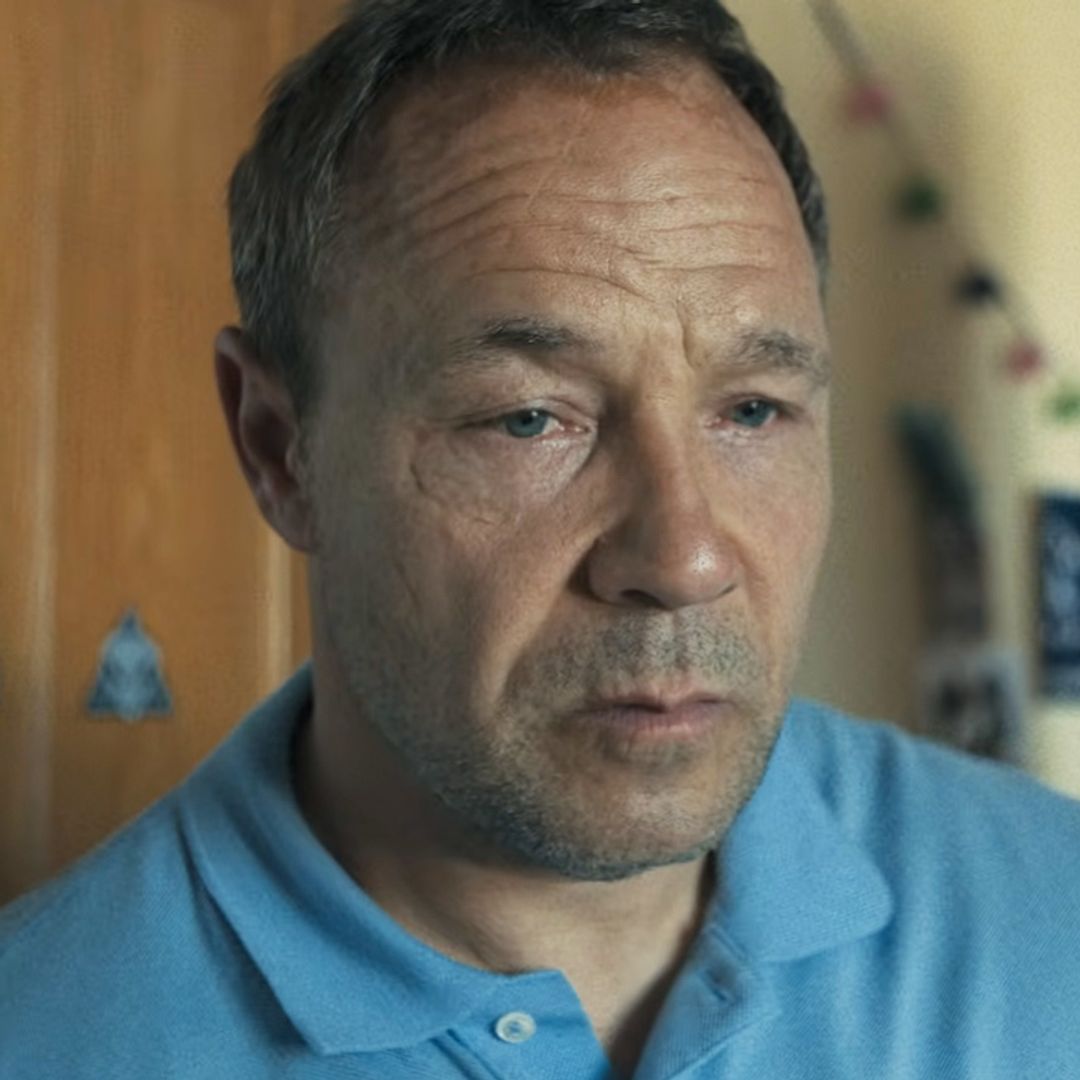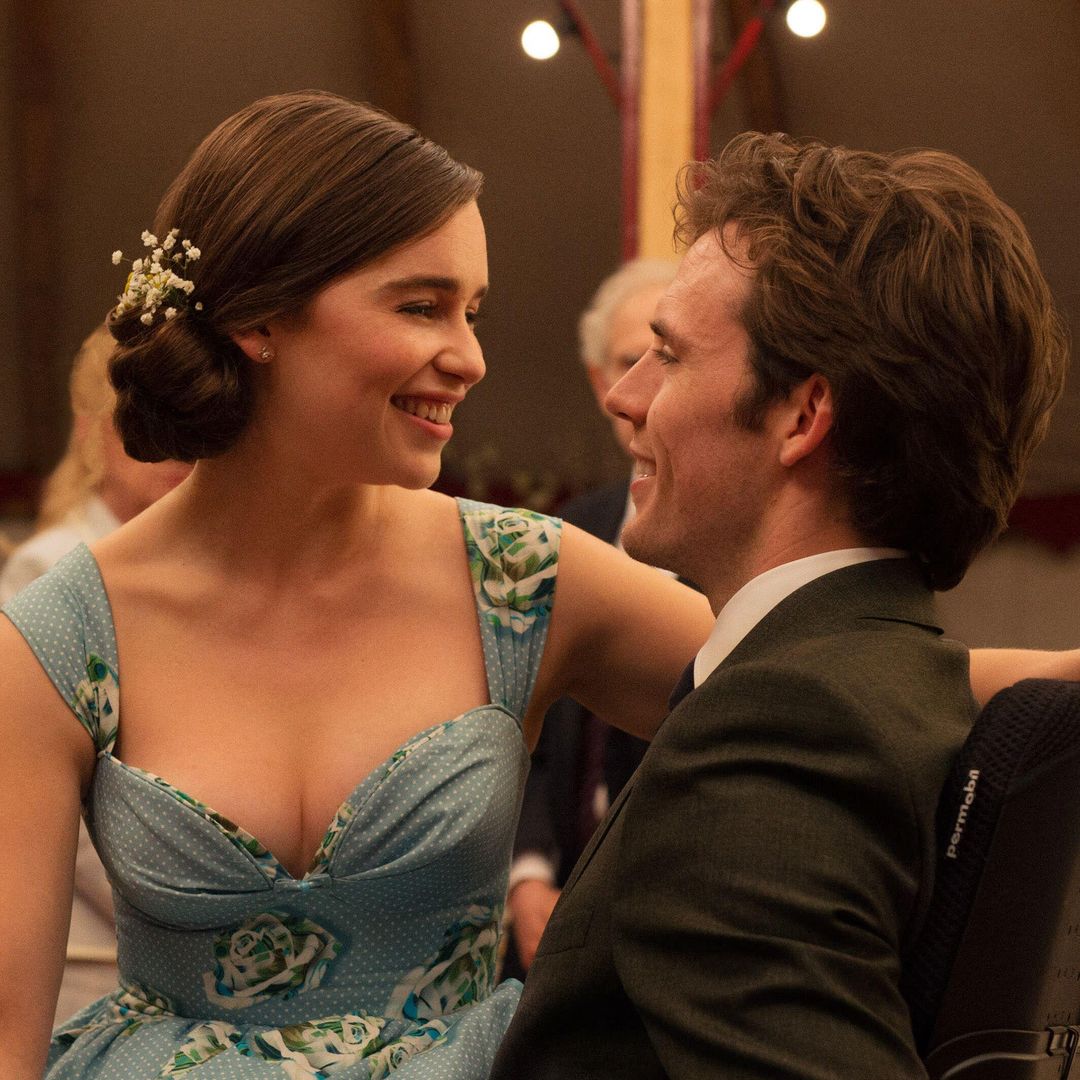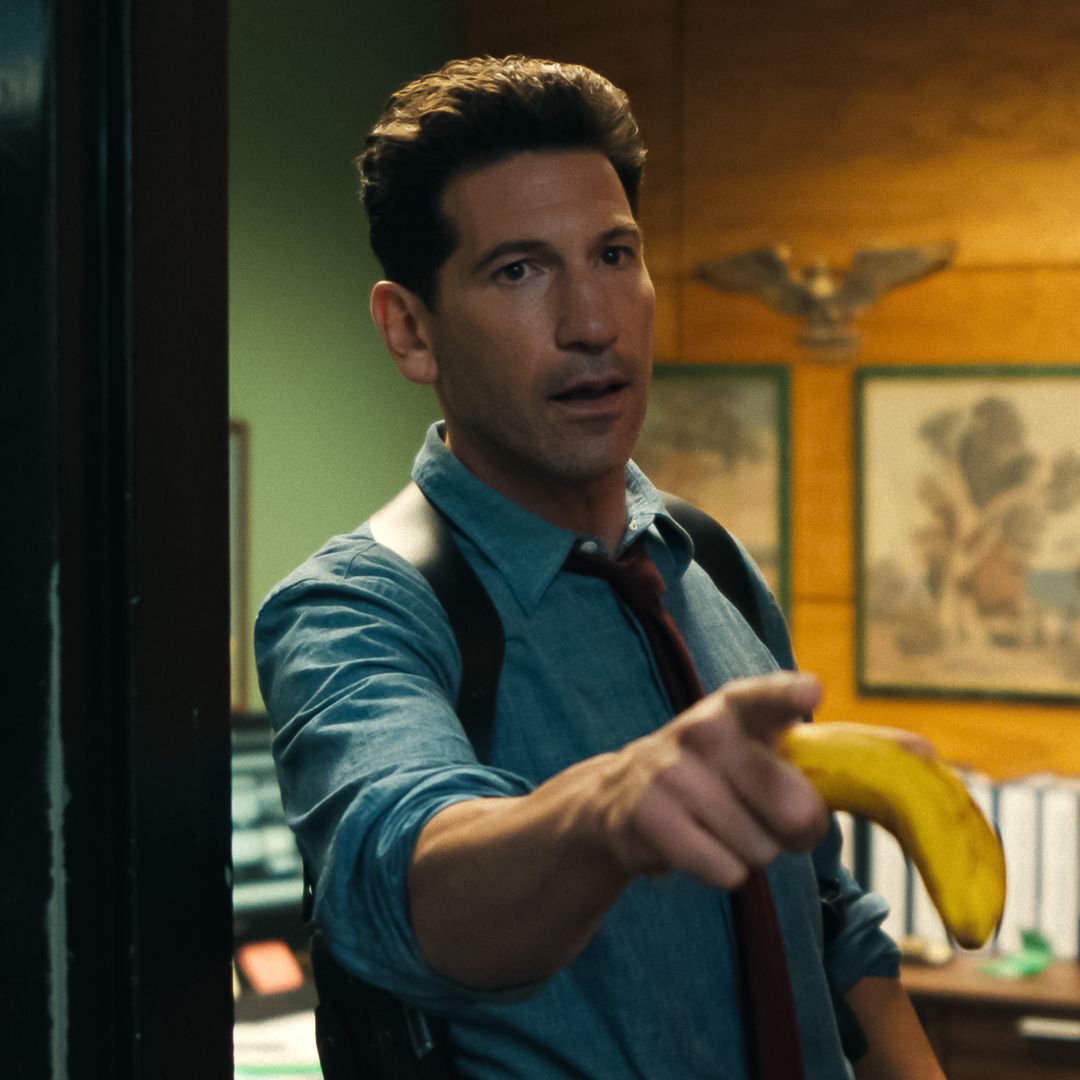The latest true-crime offering on Netflix has sparked plenty of conversation – not least for its shocking story, but also the circumstances surrounding the shocking death of Sophie Toscan du Plantier.
MORE: Making a Murderer: Steven Avery’s mother Dolores dies aged 83
Sophie: A Murder in West Cork, details the tragic murder of the French socialite in 1996 during one of her frequent visits to her residence in West Cork, Ireland. But the nature of the crime, and the prime suspect, have been the topic of fascination and news stories ever since.
After watching the three episodes, many are wondering the latest whereabouts of her suspected killer, Ian Bailey. Here's all you need to know…
WATCH: Sophie: A Murder in West Cork - official trailer
Ian Bailey, now 64, was a journalist covering the story of Sophie's death and was one of the first people to arrive on the crime scene in December 1996 at her property.
He soon became a prime suspect due to authorities noticing injuries on his arms – linking him to the crime – but no forensic evidence of him being present at the time of Sophie's death was found, therefore charging him at that point was not possible.
Two months later, Ian found himself arrested again, only to be released shortly after questioning. Once again, lack of evidence prevented him being charged. Ian has always protested his innocence.
MORE: Viewers are saying the same thing about Netflix’s The Deceived
MORE: 19 hottest new TV shows to get excited about from July onwards in 2021
Sophie was murdered in 1996
However, things took a turn in 2008 when French authorities exhumed Sophie's body to allow forensic scientists and pathologists to examine further in the hope of finding more evidence.
Eleven years later, French authorities then found there was significant evidence against Bailey. Despite being absent from the trial, he was subsequently convicted by the Paris Cour d'Assisses court in France. Ian remains in Cork after he successfully battled multiple extradition demands from the French government – he has not been found guilty in Ireland and maintains his innocence.
Ian has criticised the documentary and protests his innocence
He has, however, spoken out on the three-part documentary, which has been trending on Netflix since it landed last month. The former journalist expressed how he thought the show was "propaganda" and "biased".
Ian told Newswire: "From what I have seen of it – and I have seen clips from it – yes, unfortunately, I think it is a piece of self-serving, demonising propaganda. From all I can see from the Netflix production is there is very little objectivity in it. It is written from a biased slant."
Like this story? Sign up to our newsletter to get other stories like this delivered straight to your inbox.
